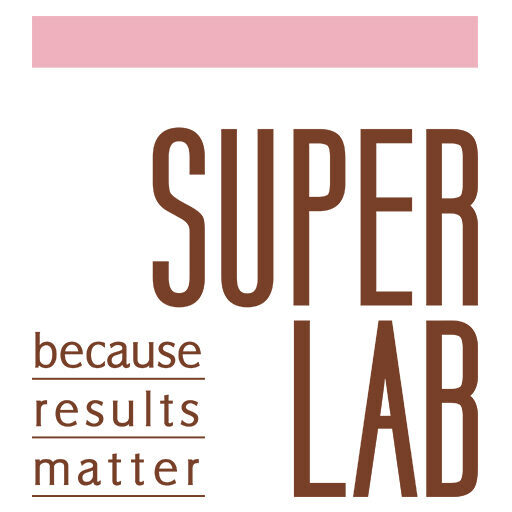Alternative studies
In 1959, William Russell and Rex Burch proposed the concept of the 3Rs (Reduction, Refinement, Replacement), which has led to continuous refinement of toxicology methods. The application and development of alternative methods and in vitro methods has been evolving in recent years to reduce the use of experimental animals.
The testing methods of ingredient safety assessment include numerous animal tests. Following the tendency of animal welfare, developing alternative methods and reducing animal usage are the important issues. Thus, European Directive 2010/63/EU was adopted by the European Parliament and the Council of the European Union on 2010. Under this directive, competent authorities in all EU member states conduct ethical assessment regarding the possibility of other test methods before approving animal study. If animal experiments are adopted, then the pain of the animals must be minimized to protect the welfare of experimental animals. Furthermore, the aim is that animal experiments will gradually be eliminated to achieve the total replacement of experimental animals.
SuperLab provides a platform of alternative methods according to OECD guidelines, including OECD 439 in vitro skin irritation and OECD 442B skin sensitization-local lymph node assay. At the same time, SuperLab devotes a great deal of effort to developing more alternative methods to achieve animal welfare and assist enterprises in evaluating their products’ safety and efficacy using our alternative methods platform.




You must be logged in to post a comment.